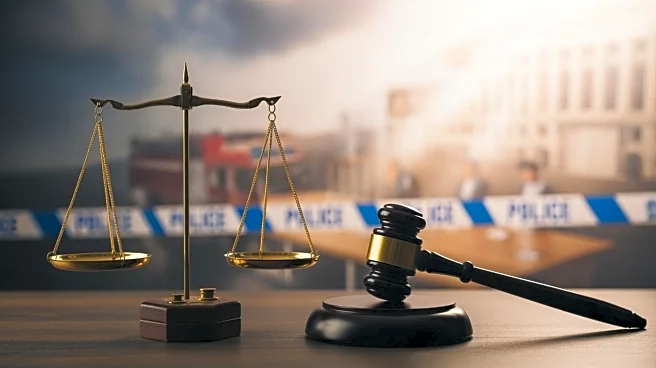What's Happening?
The U.S. Supreme Court is set to hear arguments regarding Louisiana's electoral districts, a case that could jeopardize a crucial section of the Voting Rights Act. A group of Black voters appealed a lower court's decision that a map adding a second Black-majority
district was overly influenced by racial considerations, violating equal protection. The case presents an opportunity for the conservative-majority court to weaken Section 2 of the Act, which prevents electoral maps from diluting minority voter influence.
Why It's Important?
The outcome of this case could reshape the political representation of minority groups, particularly in states with significant Black populations. By potentially invalidating Section 2, the ruling may allow for redistricting that diminishes minority voting power, affecting election outcomes and policy decisions. This could further entrench partisan divides and reduce the effectiveness of the Voting Rights Act as a tool against racial discrimination.
What's Next?
The Supreme Court's decision, expected by June, could lead to widespread redistricting efforts, altering the composition of congressional districts. This may prompt legislative action or additional lawsuits aimed at preserving minority voting rights. Stakeholders, including civil rights organizations and political leaders, will likely mobilize to address the implications of the ruling.
Beyond the Headlines
The case underscores the tension between race-conscious policies and constitutional principles of equal protection. It raises broader questions about the role of race in electoral processes and the future of civil rights legislation in the U.S.














